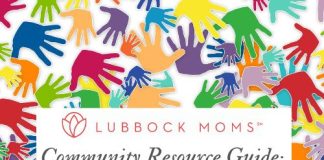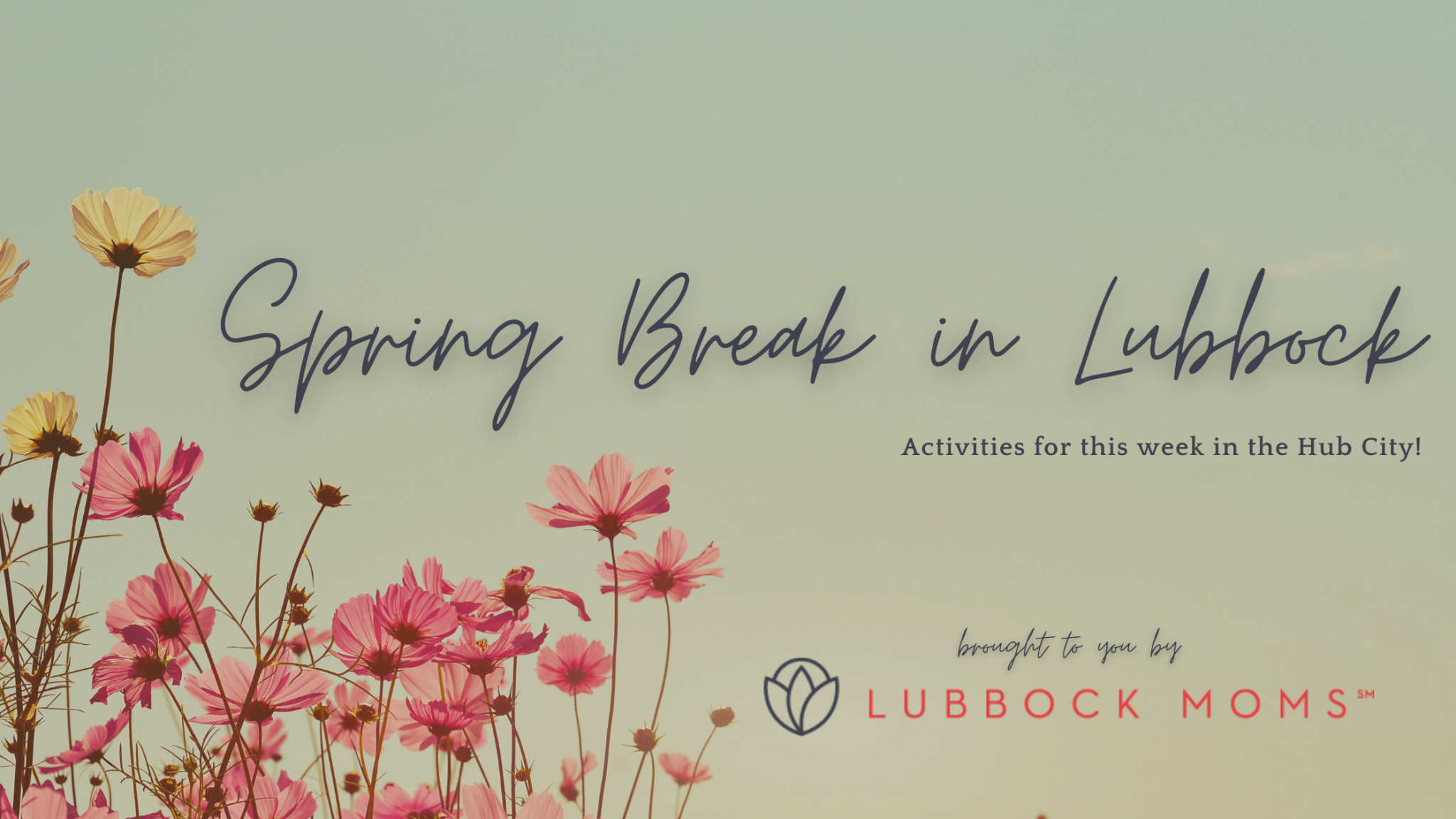
I’m going to give you a snapshot into my soul — please be kind. I promised you I would be transparent and I plan to keep that promise. *deep breath*
In journalism, it’s against the Associated Press (AP) writing style to say that anyone suffers or struggles with depression. A person has depression. Suffering or struggling makes it sound like you’re victimizing your subject if you describe them in that way, according to AP.
But this isn’t a magazine article and you guys aren’t looking to skewer me, so I’m going to say it.
I suffer from depression and have for years. And it’s the most frustrating type of suffering there is. Depression isn’t tangible. It’s not something you can measure or definitively diagnose. It’s all based on feelings, not x-rays or tests. It’s incredibly easy to doubt someone’s mental condition. Is it fact or fallacy? Is she in bed all day because she’s depressed? Or is it because she’s lazy? Is she staring at the wall claiming she’s “numb,” because that’s honestly what’s happening or does she just not want to do her job as a mom today? Why is she crying? We aren’t even talking about something worth crying about!
I want to give those who don’t understand depression and those who do, five incredible truths about this weird illness.
- You don’t have to experience trauma to be depressed.
- I had a great childhood. I have a great life present day. I have wonderful kids. I have an amazing husband. I have an amazing support system. Never once have I been traumatized. My adverse childhood event score is nil. Yet, some days, if I don’t take a proactive approach, if I let my guard down, I become debilitated by this mental illness. Which brings me to truth number two.
- Depression affects more than just you.
- Most of the people in my inner circle have no idea why I struggle with this. They don’t get it. It goes back to the tangible/measurable illness thing. And I get that they don’t get it. My poor husband only ever wants me to be happy. His number one stress in life is when I’m not happy, which stinks for him since he married someone with depression. He’s also a major “questioner.” He wants to know why. And you know what? I would like to know that, too. I DON’T KNOW WHY.
- Depression can be treated through various channels.
- I’ve actually weaned myself off of medication just in the last year by looking at different ways to treat depression. I was on Zoloft for eight years when I decided I was done with insomnia that came with it. I’m not telling you what will work for you. You need to visit with your doctor to come up with your own treatment plan. However, when I fixed my diet by eliminating sugar (I’m not perfect at this, but, you guys, sugar FEEDS depression), increased my tryptophan intake, started taking CBD oil, and adopted a meditation routine, I’ve been able to decrease my dosage of Zoloft. In fact, I haven’t even taken a Zoloft pill in a few weeks now; however, that doesn’t mean I won’t if I need it. I can’t be proud if I want to beat this illness. My kids and family deserve more than that.
- You have a choice.
- You don’t have to be defined by depression. It doesn’t have to win every day. I did a lot of self-research to figure out what my “triggers” were/are, and I stay on guard constantly to make sure I don’t “fall down” mentally. That doesn’t mean I don’t fall, because I still do. I just don’t stay down there.
- Depression can be comfortable.
- Sometimes after experiencing depression in any form, postpartum or otherwise, it can become comfortable. It’s what you know, it keeps you from having to do social things, talking to people, being accountable for anything, etc. For a while, depression became my warm and cozy blanket, excusing me from activities and anything else required of me. In her book, “Mindset,” Carol Dweck, Ph.D., talks about years of research of people with depression. Those with the “fixed” mindset, let depression rule them. It kept them from producing. Those with the “growth” mindset were still depressed but didn’t stop producing. They kept doing the things they didn’t want to do. They forced themselves out of their comfort zone. For me personally, as an extrovert, I get my energy from other people, yet depression kept me from other people; ergo, the energy was gone. I wasn’t thriving. Now, if I feel uncomfortable about a social situation, I do it anyway, because it will make me feel better. It gives me the endorphins I desperately need to kick depression’s tail. It may not work for everyone, but the point is to PUSH yourself. Pushing means progress.
I understand how frustrating depression can be; however, if we don’t start having an open dialogue about this condition, fewer and fewer people will get the help they need. DO NOT BE AFRAID TO TALK ABOUT IT.
DO NOT BE AFRAID TO SAY YOU NEED HELP. Because, honestly, we ALL need help in one way or another and this shouldn’t be any different.
Let’s talk. What works for you? What drives you? What are you struggling with?
KB









